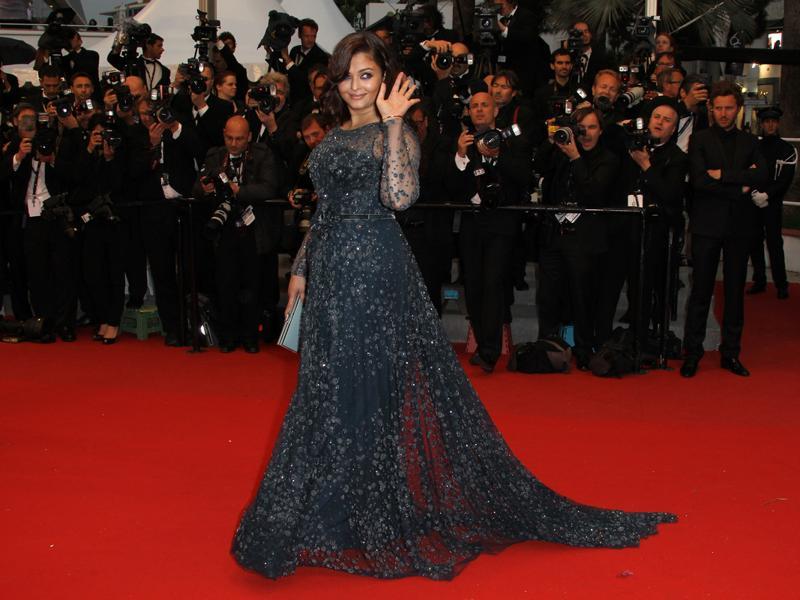Body shaming is so ingrained in our culture that sometimes we aren’t aware of it when it’s happening. And its not something we can blame the previous generation for. The notorious code words are still be used today as they were generations back. Why is body shaming such a strong part of South Asian culture? We take a closer look.
Nowadays, we’re bombarded by images and ideas of how we should look and think about ourselves. But, this is what body shaming is about. You’re made to feel self-conscious by degrading comments about your body shape and size that are based on impossible to attain and skewed ideas of what “beauty” is.

In the current age of ‘trigger fingers’ turning to ‘Twitter fingers’ (thanks for that on-the-money analogy Drake) people are more susceptible to being shamed and, ultimately, bullied online. Take Bollywood film actresss Kareena Kapoor Khan for example.
It seems the Bollywood actress has been a constant target on social media by the trolls of the world who find pleasure in sitting behind their screens and spewing out demeaning comments.
Kapoor was photographed at a celeb party that was hosted at Isha Ambani’s residence. Even though Kapoor was looking fabulous and radiant, post-pregnancy, in a little black one-shoulder dress, apparently, Kapoor’s legs were ‘too fat’ and looked deformed.

Then, ironically, after taking to the gym a month after giving birth (possibly to work on her ‘fat’ legs) she was shamed for abandoning her son, Taimur, which is not the behaviour of a ‘good mom.’ Kapoor Khan clapped back and shut down the haters though, according to Cosmopolitan, stating that “It’s the most normal thing that a woman goes through, that is child birth, and the weight gain is natural. That is important. The idea was that I never felt pressure. The idea behind me going to gym came from the fact that I want to feel good and happy. So many people and girls went like why does she have to leave her baby and go to the gym. I read these comments and I feel that’s the most stupid thing because having a child doesn’t mean you don’t feel good.”
You tell them, girl!
Unfortunately, though, it doesn’t stop there. Most recently, Kapoor Khan was snapped positively slaying in a silver lehenga after walking the runway at Manish Malhotra‘s Spring 2018 couture show in Pune where he revealed his couture summer 2018 collection. And, of course, the body-shammers, who just can’t seem to make up their mind about how Kapoor should look, were back at it. This time, the haters told her she was too skinny.

Clearly, Kapoor Khan cannot win when it comes to pleasing the trolls online, but the body shaming she has faced is commonplace in South Asian culture, regrettably.
For instance, females are raised to believe that in order to be considered beautiful and desirable they need to have luscious and long black hair, fair skin (shadeism is ever-present in South Asian culture, which is why skin-whitening products like Fair & Lovely are staples in households, and images of darker-skinned people are lightened in publications), you must also be tall, but not too tall that you emasculate a potential suitor, you must be curvy and feminine, toeing the line between skinny and ‘healthy’ (code for ‘fat’), and, of course, you have to have the perfect pout and a straight and pointy nose.

These standards of beauty are problematic for a multitude of reasons, but we’ll explore the top two.
First, often times, these comments are coming from your family members, like your auntie-ji. Family members often dole out tips to young girls, suffocating them with conflicting ideas, such as being told that they need to be skinny, but they should still eat, because otherwise, they’re not taking proper care of themselves. Girls are also taught to stay out of the sun as lighter complexions are more desirable. And, if you’re shorter than what’s ideal, at home fixes are suggested, such as “standing on [your] toes for 10 minutes a day.” And so, when your flaws are constantly being highlighted it can lead to feelings of inferiority, body-image issues, and a lack of self-confidence for young girls.
Meanwhile, it’s concerning that women are groomed with the idea that they need to look a certain way, going as far as bleaching their skin, in order to be enticing enough to land a husband (never mind being smart). These unreasonable and hurtful standards of beauty have patriarchal roots that are ingrained in South Asian culture and it needs to be challenged as young girls should be raised in a way that is more body-positive so they are not attaching their worth to being able to find a husband.
So now is the time to recognize the body warriors who are #resisting!
I am thrilled to report that many strong female talents are rising up to spread body-positive messages and open up the conversation surrounding beauty in South Asian communities in order to challenge it.
Aishwarya Rai Bachchan while debuting her post baby body at Cannes, slammed the shamers who were obsessed with her not losing her post pregnancy weight fast enough.

Plus-size Indian model Neha Parulkar, a model, has embraced her curvy figure to break the precedent that only skinny girls are beautiful.

Beauty blogger and body positivity maven Aashna Bhagwani, “a beauty blogger and a plus size fashion influencer who has her own brand named ‘Beyond The Bouffant,'” are both challenging the embedded notions of what is beautiful when it comes to body size and shape in South Asia.



Bollywood actresses Ileana D’Cruz revealed how she coped with having Body Dysmorphic Disorder and Tannishtha Chatterjee, after being publicly shamed (even though it was supposedly only a joke as part of TV roasting show) about her darker skin responded on social media, “express[ing] her displeasure and said that in a country where dark skin is marginalised, making fun of it in the name of humour is not acceptable. She firmly believes that in a time where our country is eyeing to be a superpower, the first thing we must do as a nation is to take pride in our skin colour and not be apologetic about it.”
Main Image Photo Credit: Hindustan Times
Devika Goberdhan | Features Editor - Fashion
Author
Devika (@goberdhan.devika) is an MA graduate who specialized in Political Science at York University. Her passion and research throughout her graduate studies pushed her to learn about and unpack hot button issues. Thus, since starting at ANOKHI in 2016, she has written extensively about many challe...














































































































